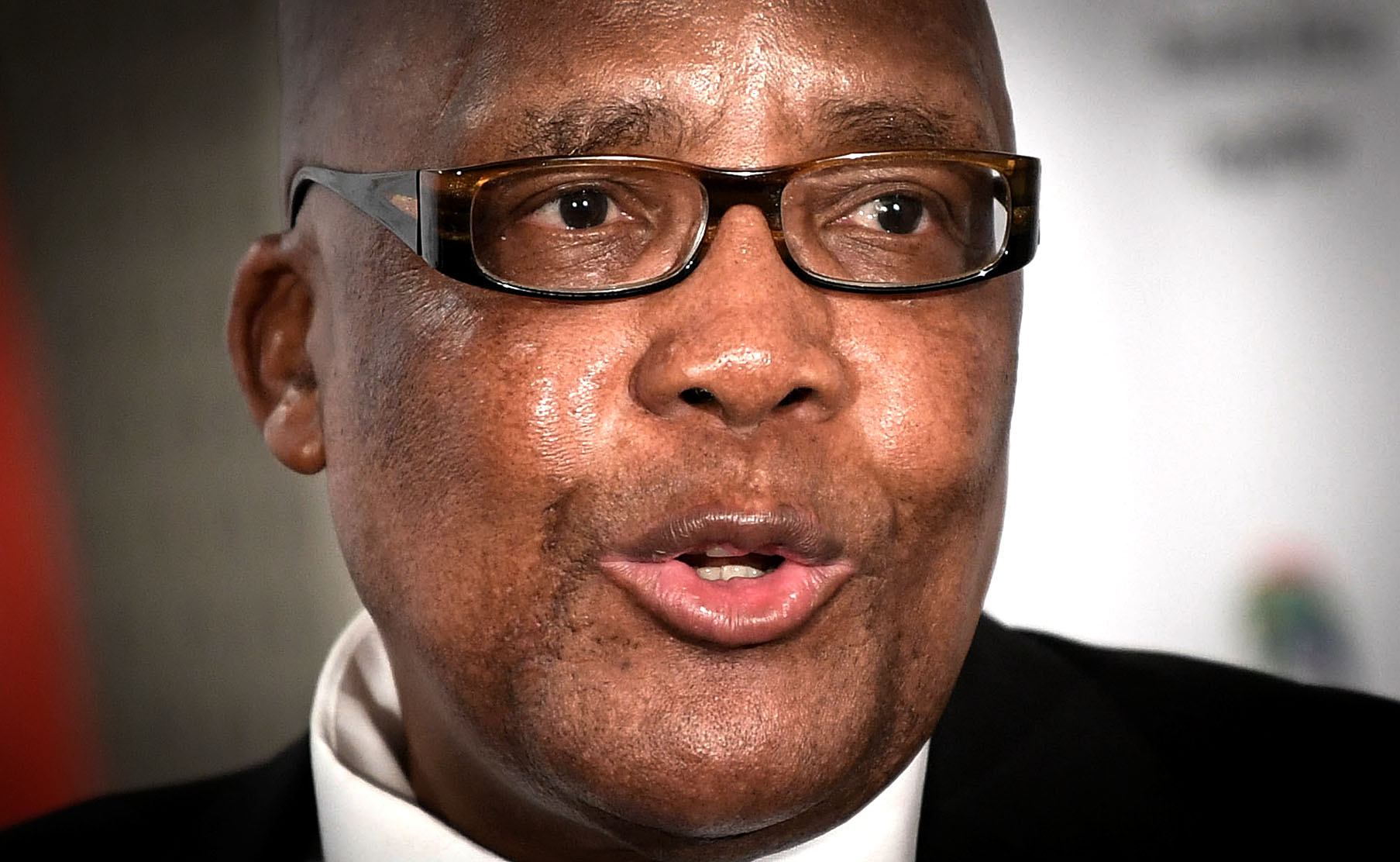Minister of Health Aaron Motsoaledi placed a strong emphasis on accelerating progress towards universal health coverage during his address to the G20 Health Working Group on Wednesday, 26 March, noting a “concerning trend” of declining global health budgets coupled with rising costs.
With the deadline for the United Nation’s 2030 Agenda for Sustainable Development looming, Motsoaledi said there was limited time to achieve Sustainable Development Goals, including those related to ensuring healthy lives and promoting wellbeing for all.
“The recent WHO [World Health Organization] data suggests that the number of people protected from catastrophic health spending increased steadily before the Covid-19 pandemic, but since then that number has been reduced by an estimated 100 million people [who have fallen] back into financial hardships due to health expenses,” Motsoaledi said.
“The Covid-19 pandemic, coupled with economic downturns and conflicts, has disrupted essential health services and pushed millions further into poverty. This regression… underscores the fragility of our health systems and the urgent need for renewed action.”
Wednesday’s meeting was the second time the G20 Health Working Group has convened since South Africa’s G20 presidency activities kicked off, with the first meeting held in late January. The mandate of the working group is to improve global health by addressing health challenges, building resilient systems and promoting equitable access to services.
Reversing troubling trends
A strong primary healthcare system is the cornerstone of universal health coverage, according to Motsoaledi, since it is at this level that prevention meets early intervention, communities are empowered and the social determinants of health are addressed.
“We must invest in accessible, affordable and comprehensive primary healthcare for all,” he said.
“However, our ambitions are threatened by harsh realities of global economic constraints… This is particularly acute in the Global South, where many nations are burdened by unsustainable debt servicing. These debt repayments are effectively cannibalising vital health budgets, leaving millions without access to essential health services.
“We must acknowledge that spending on health is not a cost, but an investment.”
Motsoaledi laid out various steps for improving health outcomes, including:
- Increasing domestic resource mobilisation by advocating for greater allocations of national budgets to health;
- Debt relief and restructuring, as “for many nations, debt relief is not a luxury but a necessity”;
- Strengthening global health partnerships and exploring innovative financing mechanisms to bridge the funding gap; and
- Increasing efficiency and transparency when it comes to spending on health.
Motsoaledi’s comments on increasing national budget allocations for health come at a time when South Africa is exiting two years of severe budget constraints in the health sector, with significant staff losses and strained services at state facilities.
In his 2025 Budget speech, delivered on 12 March, Finance Minister Enoch Godongwana acknowledged the need to cover funding shortfalls in the public health system.
Read more: Godongwana’s Budget promises improved funding for the health sector — but is it enough?
The overall health budget increased from R277-billion in 2024/25 to R298.8-billion in 2025/26, and Godongwana announced that R28.9-billion had been added to the health budget, mainly to keep about 9,300 healthcare workers in the country’s hospitals and clinics.
National Health Insurance
At the G20 Health Working Group meeting, Motsoaledi told assembled dignitaries that South Africa was “actively pursuing a transformative strategy” to achieve universal health coverage through its National Health Insurance (NHI) system.
“The NHI is designed to provide financial protection for all, ensuring that access to quality healthcare is not dependent on one’s ability to pay. It will also assist in the efficient utilisation of available resources by pulling funds and strategically purchasing services,” he said.
“The NHI is a concrete demonstration of our commitment to leaving no one behind, fostering equity and strengthening our health resilience.”
The NHI Act, signed into law in 2024, seeks to establish a fund that the government will use to buy healthcare services for people from both the public and private sectors. It’s been a controversial piece of legislation in South Africa, generating pushback from some health experts, as well as private medical aid schemes and the DA. A key concern is that the NHI will be unworkable in the context of South Africa’s weakened public health system.
Read more: Healthcare coalition proposes ‘pragmatic’ reforms for SA, says NHI ‘unworkable’
Read more: Everything you ever wanted to know about the NHI but were afraid to ask
Motsoaledi went on to talk about the importance of addressing the growing burden of noncommunicable diseases, particularly in low- and middle-income countries.
“We must accelerate efforts for prevention and control, focusing on multilateral approaches. Specifically, we must be doing the following: alleviate financial burden, restrict unhealthy food marketing, finance emergency health services and accelerate cervical cancer elimination,” he said.
Read more: ‘The axe has fallen’ — Trump’s USAID issues notices to terminate funding for key health programmes across SA
Read more: ‘Assault on science’ — SA researchers warn that US funding cuts hinder global medical advancement
At no point during his speech did Motsoaledi address the recent cuts in US foreign aid spending for health programmes in South Africa and other countries. However, he did call on all G2o countries to “champion” increased financing of health systems, stating that member states needed to “prioritise public health over competing interests”.
“By sharing best practices, advocating for policy changes and committing to concrete actions on issues like regulating unhealthy food marketing and promoting healthy lifestyle, the G20 can play a pivotal role in shaping a robust global response to noncommunicable diseases… We must move beyond dialogue and commit to concrete steps,” he said.
“Let us work together to ensure that health remains a priority, not a commodity, especially during these unstable economic times.” DM





